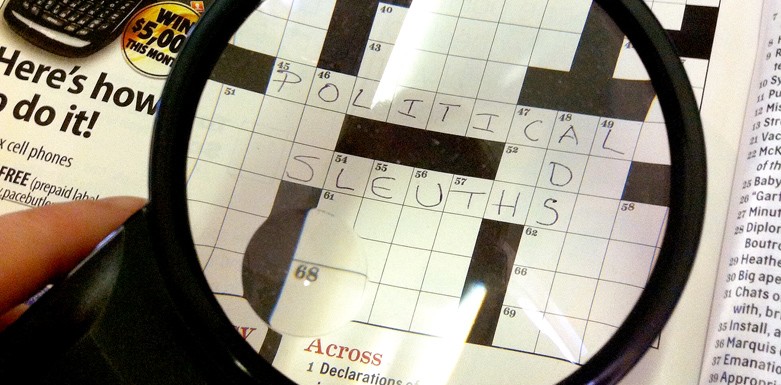
On the Road in Toledo
Toledo, Ohio was one of the “10 hottest campaign markets” when I visited last week, and it showed in the political files of the TV stations there. Weighing in at market number 75, Toledo is small enough that its TV stations are not required to put their political files online until 2014. But these stations are selling more ads than almost any other market in the country.
That’s why I went to Toledo: to digitize their political files myself. I started with the two stations in Toledo that are covertly consolidated: WTOL and WUPW. Raycom, which owns WTOL, took over WUPW in March, laying off more than 50 employees. Now WUPW has its own general manager, a small sales team and that’s about it. WTOL does all the news and programming for both stations.
When I arrived at the station at 9 a.m., the people I needed to see weren’t in yet. I sat in the lobby for a few minutes, watching WTOL’s coverage of body parts found in the local sewer, interspersed with many, many political ads. Eventually someone came out to help me. After bouncing me around between a few confused staffers, I ended up in the office of WTOL’s sales director, the political file stacked in intimidating piles on her table. It was a bit like being stuck in detention; the sales manager clearly wasn’t happy that I was there, and she occasionally looked up to glare at me as we sat facing each other.
After two hours of scanning, I had conquered only one of the three peaks of files on the table. It became clear that the two hours I had allotted myself at each station would not be sufficient in Toledo, and I knew my chances of completing visits to all five stations were slim. After three and a half hours, I was finished with WTOL, and I was escorted down the hall to WUPW.
At WUPW, they set me up in a conference room, and brought me one file at a time. The advertising on this CW affiliate was much sparser, but every four pages of information was encumbered by three staples. I kid you not. It looked like every two pages had been stapled together, and then the two packets were, in turn, stapled together. The scanner outpaced my staple-removing skills, and I found myself wasting a lot of time wrestling with these little steel demons. After one and a half hours of staple-removing torture I was finished.
Next it was on to WTVG, Toledo’s ABC affiliate. Now, most TV stations are not much to look at. They tend to be housed in 1970s-era brick buildings with dated décor. But when you walk into the lobby of WTVG, it’s like walking into a Disney movie. There’s a sweeping staircase and, incredibly, a giant crystal chandelier. By now it was 3 p.m., and my fingers hurt from removing staples. The receptionist set me up in the lobby and I got to work. Once I finished the political file, I asked to see the Issues/Programs list, which details how the station serves the local community. I was met with a blank stare. All that was in the “public file” at the front desk was the political file. The receptionist made a call. I was ushered upstairs, down a grand hallway and into a large room full of filing cabinets.
“It should be in here somewhere,” she said.
After opening drawer after drawer, I finally found what I was after. I can’t say for sure whether the rest of the public file was somewhere in that room. By then, it was pushing 5 p.m., and I was out of time. In eight hours of hard work, I had made it to only three of Toledo’s five TV stations.
Even though I didn’t make it to every station in the market, it’s clear that Toledo’s TV stations are raking in the dough this election year. Every station I did visit will have its political files put online by Free Press in the coming weeks. That’s valuable information on political ad spending that would otherwise be available only on paper in Toledo itself.
So, Toledo, if you’re reading this, I could use a volunteer to go out and finish what I started. You can sign up to visit stations at politicaladsleuth.com.
Stay tuned for more chronicles from this political ad sleuth. I’m on the road to collect political files from dozens of stations in two weeks. Up next: Denver.
If you'd like to support our file-inspection campaign, please consider a donation to the Free Press Action Fund.